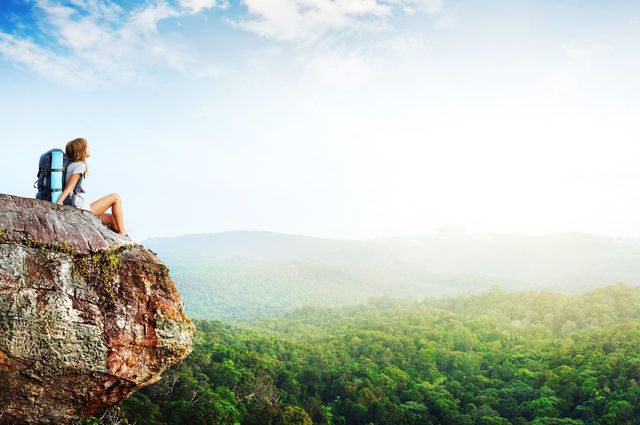Responsible travel: How do we make booking sustainable hotels easier?
22 experts shared their view
Evidence shows that spending time in nature helps reducing anxiety, improving mental health and well-being, let alone boosting physical health. Nature is good for us; can we be good to nature too? It's no wonder that one recent large-scale survey conducted by Booking.com (2020) identified 'Impact Awakening: The Rise of Responsible Travel' as one of the nine predictions on the future of travel. Half of the global travelers surveyed expressed the desire to travel more sustainably in the future with over two-thirds of respondents expecting more sustainable travel options from suppliers. Demand is (and expectations are) building up and post-pandemic will see a surge in travel with purpose. But do travelers easily have access to all information needed to make wise decisions on sustainable travel and hotels? Where are the gaps in the search and booking stages? And which company manages to fill those gaps well? What are some best practices in showcasing hotel sustainability online?
Booking.com (20 Oct 2020). Smarter, Kinder, Safer: Booking.com Reveals Nine Predictions For The Future of Travel. https://www.booking.com/articles/category/future-of-travel.html.
Cornell Roundtable Recap: Sustainability in the era of COVID-19
Clients often look for the best price-quality offers during their booking process. The challenge in front of responsible travelers is the lack of clarity and transparency about the hotels concerning their sustainability-related efforts and achievements. Even in specialized websites, such as Bookdifferent.com, the information about environmental and social efforts made by the hotel is not easily understandable, because it is not customer friendly. I believe, there should be a simplified, but credible label or a shortlist of sustainability-related actions of the hotel on the screen during the reservation process. Certainly, this would not be the final solution, but simply a step toward more sustainable bookings, where customers will be a bit more aware of the sustainable efforts, initiatives, and results of the hotels. This way customers can make their sustainable choices and, once in the hotel, track and even evaluate those actions, so others can make their decisions more responsibly, too, if they wish.


